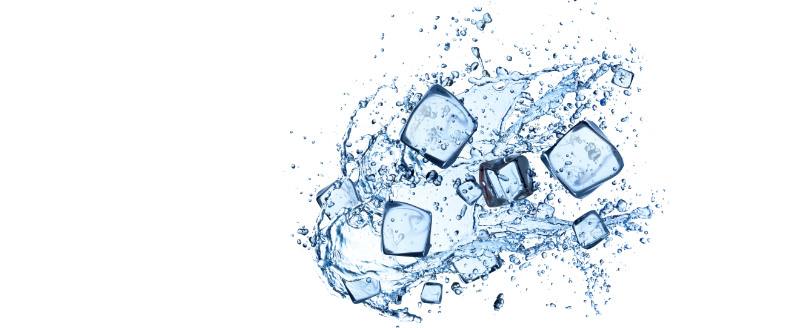By now most of you will have seen the latest nonprofit fundraising effort to catch the moment and ride a wave of attention, the ALS Ice Bucket Challenge. Some recent stories in the mainsteam media have blasted this particular effort, but for those of us who work in this space, the campaign teaches some lessons we can incorporate into our own future work:
1. Create a moment that’s relevant.
Asking people to douse themselves in a bucket of ice in the heat of summer is really a no-brainer as far as timing goes. This campaign never would have caught on if they’d launched it in, say, January.
2. Find creative ways to use our own egos and “self video”
Asking supporters to shoot a quick Vine or 30 second Instagram video has seen some success in the past, but this campaign takes it up a notch. Who doesn’t want to be seen as altruistic? Who doesn’t want to be seen as crazy, daring, fun or all three? This campaign taps into that desire and lends itself to the creation of a collection of videos that could potentially be used to create future web ads.
3. Create engageable content
The Ice Bucket Challenge also taps into one of the key pieces of wisdom regarding content for social media: not only does it need to be “quality” in the sense of being meaningful and something people connect with, it also needs to be content people will be want to be seen engaging with publicly. That last part is important. If people don’t want to be seen liking your post or retweeting it, they won’t do it…no matter how great the content/information is.
4. Move from slacktivism to activism
We’ve all heard the naysayers complain that asking people to do something online is meaningless. While we in the business know that assertion is a bunch of
I’ve also heard criticism that the campaign asks people to make a video OR donate, but I’d be willing to bet that a significant portion of those making the videos are also making donations.
We have yet to see the final, hard data, but just the fact that ALS has publicly said that they raised approximately $4,000,000 in a two-week period from this campaign alone shows that it’s working. I only hope they’ve made an effort to capture data not only from donors (which is easy to do), but also about the people making the videos, via hashtag tracking and the use of a tool like Attentive.ly.
Ed note: Exactly! A campaign like this should be the start of a relationship, and not its lone flowering. One-time interaction is fine, but I’d hate for the organizers to miss any chance to get as much value as it can out of all of this attention. Thanks for the observations, Beth!

